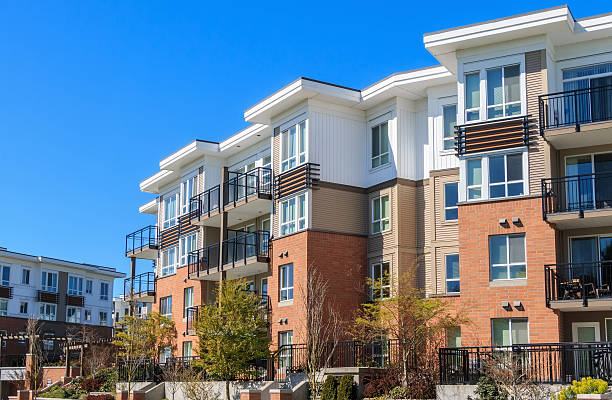Affordable housing in America? Not if you’re earning minimum wage.
According to a new report from the National Low Income Housing Coalition (NLIHC), workers making minimum wage must work more than 100 hours every week just to afford a modest two-bedroom rental. Even a smaller one-bedroom unit would require 86 hours a week more than double a standard full-time job.
Breaking Down the Numbers:
- To comfortably afford a two-bedroom rental, a full-time worker needs to earn $28.58/hour.
- For a one-bedroom, the required wage is $23.67/hour.
- Yet the federal minimum wage remains stuck at $7.25/hour unchanged since 2009.
That means there is no U.S. state where someone working full-time on minimum wage can afford even a modest two-bedroom rental without being rent-burdened.
The Bigger Problem: A Broken Housing Market

“Stable, affordable homes are a prerequisite for basic well-being,” says NLIHC President Diane Yentel. But with rising housing costs, expired pandemic-era safety nets, and wages lagging far behind rent increases, low-income renters are facing a crisis.
While some markets are starting to stabilize or decline, housing affordability remains out of reach for millions. Consider this:
- From 2001 to 2021, rents soared by 17.9%
- But wages only grew by 3.2% in the same time
This imbalance was already growing before the pandemic. COVID-era inflation and housing shortages only supercharged the problem.
Housing Costs Are Driving Inflation
Even as overall inflation cooled to 4% year-over-year, housing costs rose by 0.6% in just one month, making them the largest contributor to the most recent CPI jump. Housing prices are now 8% higher than they were just a year ago.
So while wages stay flat, and the official inflation rate ticks downward, rent is still rising fast.
Conclusion: America’s Working Poor Deserve Better

It shouldn’t take 104 hours a week to afford a roof over your head.
As housing continues to outpace wages, more Americans especially those earning minimum wage are falling into housing insecurity and poverty. Without bold, structural changes in wage policy and housing supply, the cycle is only going to get worse.










Leave a Reply